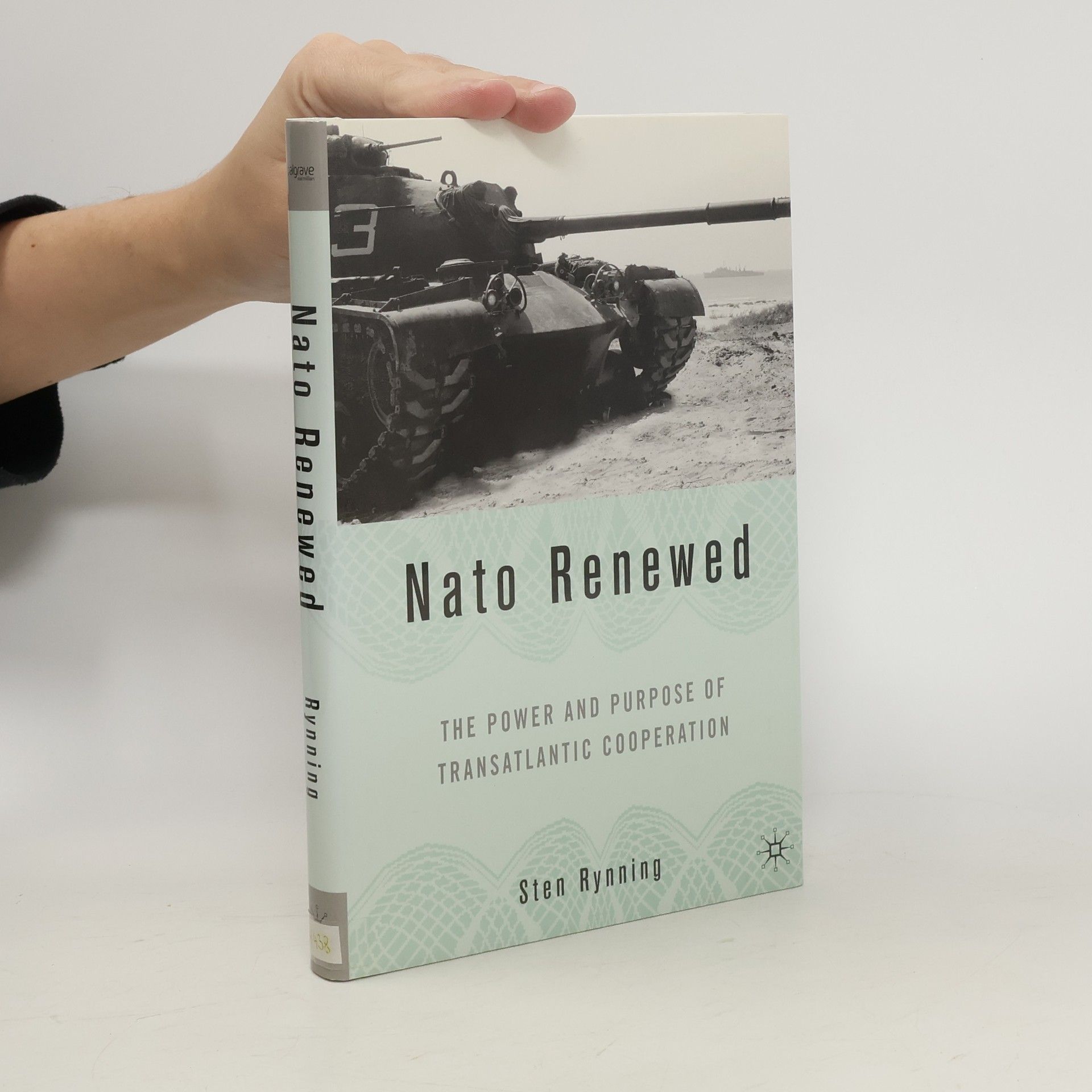NATO Renewed
The Power and Purpose of Transatlantic Cooperation
This book provides an overview of what has happened to NATO from the closing stages of the Cold War to the new era of international terrorism. However, it is more than that. It also argues that NATO has travelled a course that contradicts the prevailing image of an organization in decline and crisis. NATO must be crafted by its members to fit the security environment in which it operates. Rynning argues that the allies did this poorly in the mid-90s but have succeeded better in the past few years. NATO has persisted into this new era because it has overcome a crisis of identity in the 90s and is on track to establish a viable model for flexible transatlantic security cooperation.

